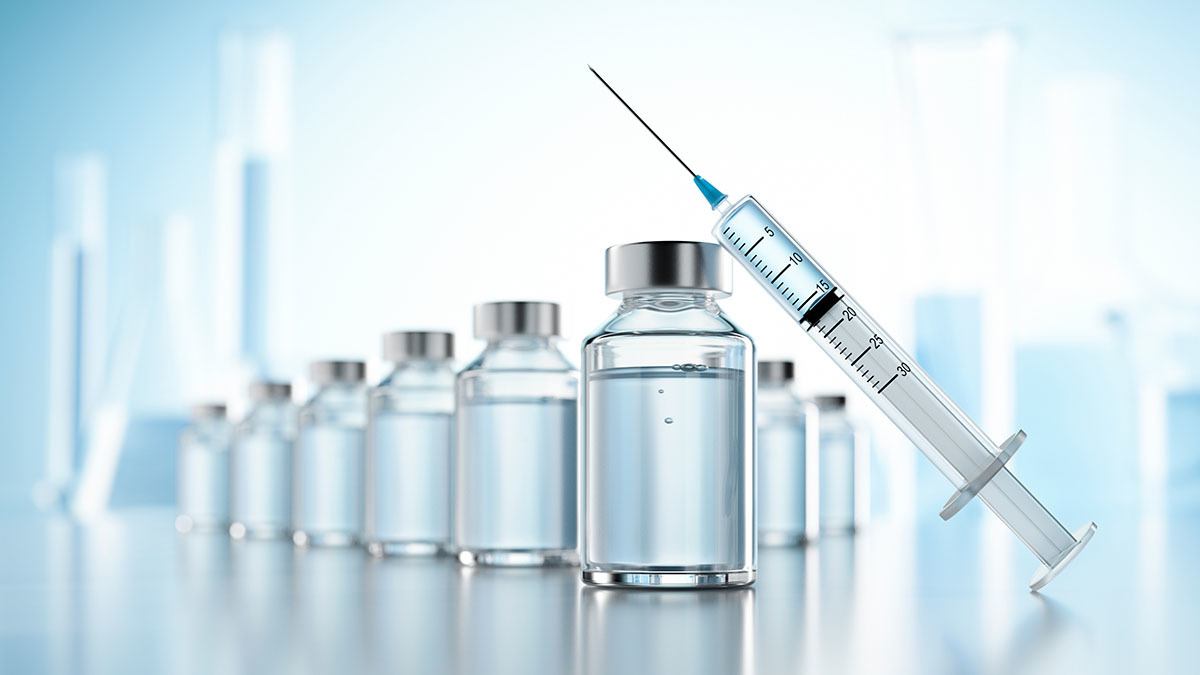USP Monomer Leachables Testing
In the pharmaceutical industry, ensuring product safety and efficacy is paramount. USP Monomer Leachables Testing plays a crucial role in safeguarding drug products by identifying potential contaminants that may leach from packaging materials or devices into the formulation during processing or storage.
The testing focuses on monomers—simple substances that can polymerize to form polymers—which are of particular concern due to their inherent toxicity and the possibility of forming harmful compounds. This service ensures compliance with United States Pharmacopeia (USP) Chapter USP 876, which provides comprehensive guidelines for the identification and quantification of monomer leachables.
The testing process involves several critical steps. First, the packaging or device material is subjected to simulated use conditions that mimic real-world scenarios. This may include temperature cycling, humidity exposure, or contact with solvents commonly used in pharmaceutical processing. Following this, the sample is analyzed using advanced analytical techniques such as gas chromatography (GC), high-performance liquid chromatography (HPLC), and mass spectrometry (MS).
The primary objective of USP Monomer Leachables Testing is to detect any monomers that might be released into the drug product. These include ethylene, propylene, styrene, and other similar substances. The testing helps in assessing the potential risks associated with these leachables, ensuring they do not exceed safe levels as defined by regulatory authorities.
Compliance with USP guidelines is essential for pharmaceutical companies to ensure their products meet stringent quality standards. Failure to comply can lead to product recalls, fines, and reputational damage. By conducting this testing early in the development process, manufacturers can identify potential issues and take corrective actions before commercialization.
| Test Parameter | Description |
|---|---|
| Monomers Present | Identifies specific monomers like ethylene, propylene, and styrene. |
| Testing Conditions | Simulated use conditions such as temperature cycling and solvent exposure. |
| Analytical Techniques | Includes gas chromatography, high-performance liquid chromatography, and mass spectrometry. |
The testing also helps in understanding the interaction between packaging materials and drug products. This knowledge is invaluable for optimizing product design and ensuring long-term stability. By identifying potential leachables early on, manufacturers can implement necessary changes to prevent contamination and ensure that their products meet all regulatory requirements.
- Comprehensive Analysis: Our laboratory uses state-of-the-art instrumentation to provide precise and reliable results.
- Regulatory Compliance: Ensures adherence to USP guidelines, providing peace of mind for quality managers and compliance officers.
In summary, USP Monomer Leachables Testing is an essential service that helps pharmaceutical companies maintain the highest standards of product safety and efficacy. By identifying potential leachables early in the development process, manufacturers can ensure their products are free from harmful contaminants, thus protecting public health.
Scope and Methodology
The scope of USP Monomer Leachables Testing is broad and encompasses a variety of packaging materials and devices used in pharmaceutical manufacturing. The methodology involves several key steps to ensure accurate and reliable results:
- Sample Selection: Packaging or device materials are selected based on their expected use.
- Simulated Use Conditions: Samples undergo testing under conditions that mimic real-world storage and processing environments.
- Analytical Techniques: Advanced analytical methods such as GC, HPLC, and MS are used to identify and quantify leachables.
The methodology is designed to be comprehensive and reproducible, ensuring consistent results across multiple tests. This approach helps in identifying any potential risks associated with monomer leachables and allows for timely corrective actions if necessary.
| Parameter | Testing Method |
|---|---|
| Ethylene | Gas Chromatography (GC) |
| Propylene | High-Performance Liquid Chromatography (HPLC) |
| Styrene | Mass Spectrometry (MS) |
The testing is conducted in strict accordance with USP Chapter 876, ensuring that the results are consistent and reliable. The methodology also includes quality control measures to ensure that all tests meet the required standards.
Quality and Reliability Assurance
Quality and reliability assurance are critical components of any pharmaceutical testing service. At our laboratory, we have implemented robust quality management systems to ensure the accuracy and consistency of our USP Monomer Leachables Testing results:
- Certification: Our laboratory is certified by recognized bodies such as ISO/IEC 17025.
- Trained Personnel: Our team includes highly skilled and experienced professionals who are well-versed in the latest testing methods and regulatory requirements.
- Calibration: All instruments used for testing are regularly calibrated to ensure precision and accuracy.
The use of certified laboratories ensures that the results are reliable and can be trusted by quality managers, compliance officers, R&D engineers, and procurement teams. This level of assurance is essential in maintaining the highest standards of product safety and efficacy.
Our commitment to quality extends beyond our laboratory procedures. We also offer ongoing support to clients, providing guidance on best practices for minimizing leachables during manufacturing processes. By working closely with our clients, we can help them identify potential risks early on and implement necessary changes to ensure compliance with regulatory requirements.
Use Cases and Application Examples
USP Monomer Leachables Testing has a wide range of applications in the pharmaceutical industry. Here are some key use cases:
- New Drug Approval: Ensures that new drug products do not contain harmful leachables.
- Package Integrity: Identifies potential packaging issues that could lead to contamination.
- Device Compatibility: Ensures that medical devices used in drug delivery systems are compatible with the formulation.
An example of a successful USP Monomer Leachables Testing project involved a major pharmaceutical company developing a new injectable product. The testing identified potential leachables from the packaging material, which were then addressed through design changes. This proactive approach ensured that the final product met all regulatory requirements and was free from harmful contaminants.
Another application is in the development of biodegradable packaging materials. By conducting USP Monomer Leachables Testing early on, manufacturers can identify any potential risks associated with these materials and take corrective actions before commercialization.





